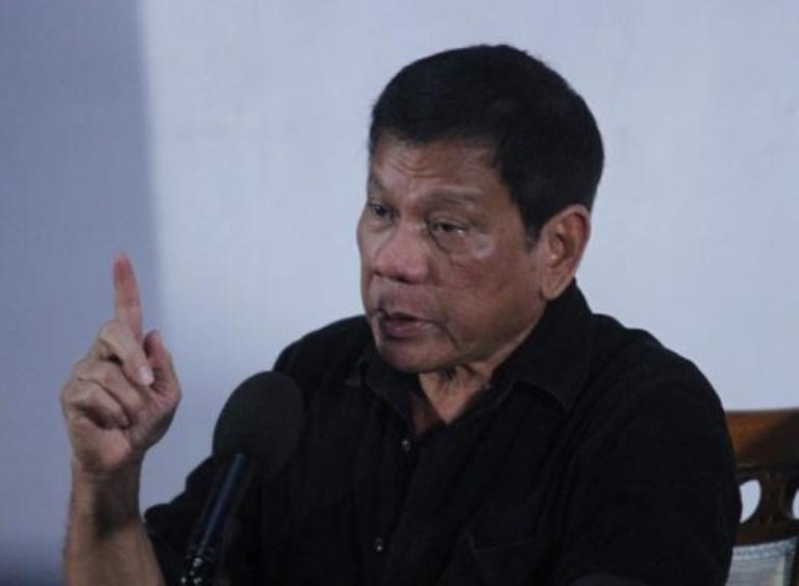
Rodrigo Duterte, new president of the Philippines, is making good on his campaign pledge to implement a surge of extrajudicial killings of suspected drug dealers, users and criminals. Starting the day after he was elected on May 10, 2016, through Aug. 4, according to a local account, there have been 571 killings, mostly executions by police and vigilante groups.
Prior to be elected, Duterte promised to eliminate drug dealing in the Philippines within six months by "shoot to kill" orders, reported The Washington Post. He won the election as a profane, take-no-prisoners leader who did not bristle at the word "dictator." In fact, he was nicknamed "The Punisher" by Time. However, some people are concerned this ruthless approach is killing the rule of law, which could undermine Philippine democracy.
He is a 71-year-old Filipino lawyer and politician of Visayan descent serving as the 16th President of the Philippines. He is the first Mindanaoan president of the country.
Duterte affirmed in his inaugural speech that his "adherence to due process and the rule of law is uncompromising." But later that same day, after taking the oath, Duterte visited a Manila slum and told a crowd, referring to drug dealers, "These sons of whores are destroying our children. I warn you, don't go into that, even if you're a policeman, because I will really kill you.
If you know of any addicts, go ahead and kill them yourself, as getting their parents to do it would be too painful."
The Philippines' serious drug problem stems mostly from crystal meth, which is also called shabu. The drug trade took root in a nation plagued by rampant corruption and a discredited political establishment.
While Duterte's firey response to drugs has been popular, the street executions of drug addicts and abusers are taking lives without trials or proof of criminality.
Police have claimed suspects resisted arrest or shot at them, but have provided no evidence, according to the Washington Post. More than 300 organizations involved in issues related to drug production, trafficking and use appealed to international drug-control agencies to help stop the killings and to tell Duterte they "do not constitute acceptable drug control measures."
Duterte reportedly has championed extrajudicial violence for nearly two decades. From 1998 until this year, he served as mayor of Davao City on the main southern island of Mindanao, where death squads took the lives of more than 1,000 people. An investigation in 2009 by Human Rights Watch documented the grisly methods of the killers; they meted out summary executions with impunity.
On May 24, 2015, in a television broadcast, Duterte identified with the killers. "Am I the death squad? True. That is true," he said. He pledged if elected president, he would execute100,000 criminals and dump their bodies in Manila Bay.







